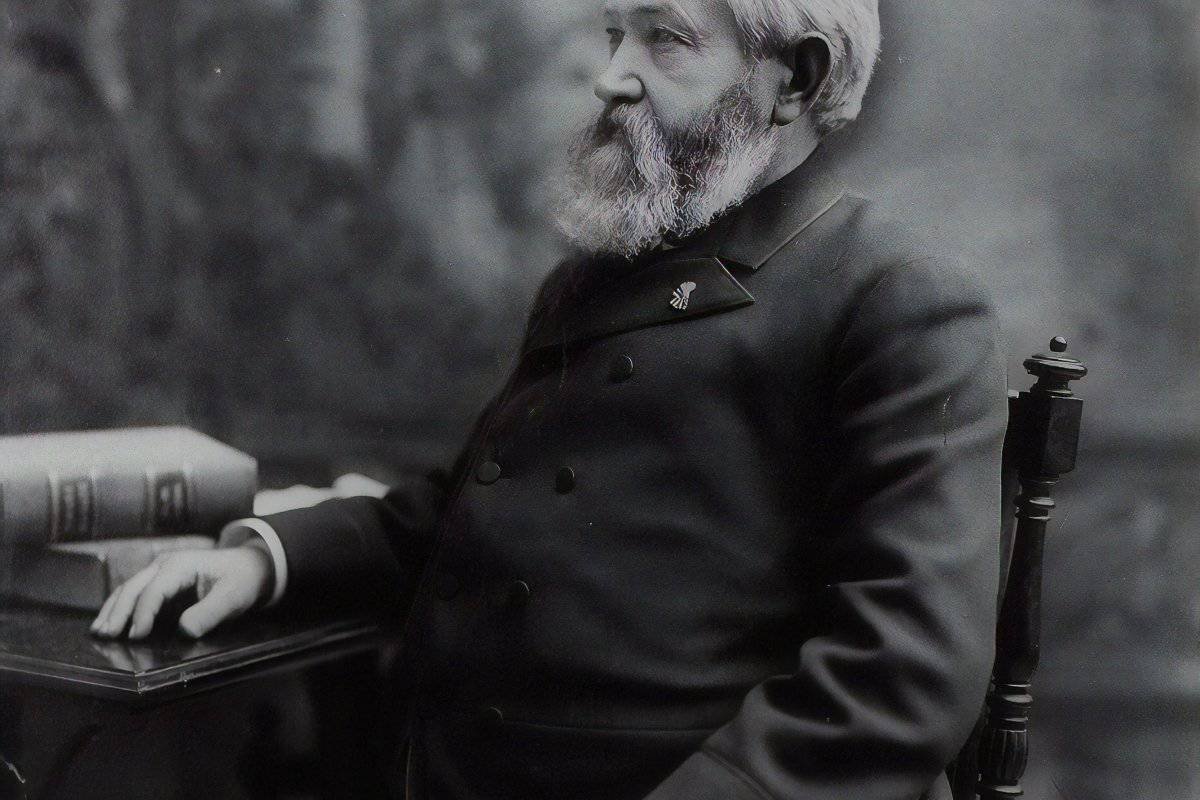Fairness in Leadership
Why Fairness in Leadership?
There is a lot of talk these days about the need for fairness and leadership in our society. But what do those terms mean, and why are they so important?
One of the most fundamental aspects of a democracy is that everyone has an equal chance to participate in the political process. That means that all voices are heard, and no one is excluded from having a say in how their community or country is run. It also means that everyone has an opportunity to improve their situation through hard work and determination.
A leader is someone who sets an example for others and helps guide them towards a common goal. A good leader understands that success comes from working together as a team, and not from taking advantage of others. They make decisions based on what is best for the group, not themselves.
Fairness and leadership are essential ingredients in creating a strong and healthy society. When everyone has an equal chance to participate, and when decisions are made based on what is best for the community, it builds trust and respect. That creates a foundation for positive relationships between people of all ages, backgrounds, and beliefs. It also allows for creativity and innovation to flourish, as everyone is free to contribute their ideas without fear of retribution.
We need fairness and leadership more than ever before. Our world is becoming increasingly complex, and it is more important than ever to come together as a community and work towards common goals. We need leaders who are willing to put the needs of others first, and who are committed to creating a society that is fair and equitable for all. Let’s work together to make this a reality!
Why is fairness in the workplace important?
Fairness is important in the workplace because it helps to create a positive and productive work environment. When employees feel that they are being treated fairly, they are more likely to be motivated and engaged in their work. Furthermore, a fair workplace is less likely to experience conflict and tension among employees. Ultimately, this creates a more harmonious and productive work environment for everyone.
Why is being fair important in leadership specifically?
Leaders play a key role in setting the tone for an organization. They set the example for how employees should behave and they set the standard for what is considered acceptable. When leaders are fair, it sends a message to employees that they are valued and that their opinions matter. This in turn encourages employees to be more productive and cooperative. Additionally, a fair leader is more likely to be respected by employees and to inspire loyalty.
How can you promote fairness in your workplace?
There are several things you can do to promote fairness in your workplace. First, make sure that all employees are treated equitably. This means that everyone is given the same opportunities, no one is singled out unfairly, and everyone is compensated fairly. Second, ensure that decisions are made collaboratively whenever possible. This will help to ensure that everyone’s voice is heard and that everyone has a say in the workplace. Finally, be honest and trustworthy with your employees. Don’t make promises you can’t keep, and always act with integrity.
What is fair leadership?
There is no single answer to this question, as what constitutes fair leadership will vary from individual to individual and situation to situation. However, there are some general characteristics of fair leadership that can be identified.
For starters, a fair leader is always considerate of their followers. They take the time to understand their followers’ needs and wants, and they work hard to ensure that everyone is treated equitably. Furthermore, a fair leader is open-minded and willing to listen to others’ viewpoints. They don’t make decisions unilaterally, but rather involve their followers in the decision-making process whenever possible. Lastly, a fair leader is honest and trustworthy; they never make promises they can’t keep and they always act with integrity.
What is an example of fairness?
An example of fairness would be a leader who distributes resources and opportunities equally among team members. This includes sharing power and resources fairly, making sure everyone has a voice, and being fair in their judgement. Leaders who practice fairness create a sense of trust and respect within the organization, and inspire people to work together towards common goals.
What is unfair leadership?
Unfair leadership is when a leader uses their position of power to take advantage of their followers. This can include using them for personal gain, mistreating them, or making decisions that only benefit the leader and not the group as a whole. Unfair leaders often have a “my way or the highway” attitude, and they are not willing to listen to others’ viewpoints. Furthermore, they are often dishonest and untrustworthy.
Why is it important for a leader to act with integrity, fairness and consistency?
There are many reasons why it’s important for a leader to act with integrity, fairness and consistency. First and foremost, these principles help maintain trust within the organization. When employees know that their leaders operate with high ethical standards, they feel more confident in the decisions made and the direction of the company. Additionally, these values foster a positive work environment where employees feel appreciated and respected. Finally, acting with integrity, fairness and consistency is simply the right thing to do – it’s the morally correct thing to do. Leaders who set this example inspire others to do the same, creating a culture of integrity throughout the organization.
What are some examples of situations where a leader should not compromise their values?
There are many situations where a leader should not compromise their values, but some of the most common include when making decisions that could negatively impact employees, customers or the community. For example, if a leader is faced with a choice to make an unethical business decision that would benefit the company but harm others, they should not make that decision. Similarly, if a leader knows that an action or policy is harmful to others but continues to pursue it for personal gain, they are not living up to their ethical standards. In these types of situations, it’s important for leaders to stand up for their values and refuse to compromise them, even if it means taking a unpopular stance.
How can a leader maintain integrity in difficult situations?
It can be difficult for a leader to maintain integrity in difficult situations, but there are a few things they can do to help. First, leaders should always be honest and upfront with employees, customers and stakeholders about the challenges the company is facing and what is being done to address them. Additionally, leaders should stay true to their values and never make decisions that go against them, even if it’s tempting. Finally, leaders should hold themselves and others accountable to high ethical standards, and encourage open dialogue about ethics within the organization. By following these tips, leaders can maintain their integrity in difficult situations and set an example for others.
What are the two main principles of fairness?
There are two main principles of fairness: equity and equality. Equity means that everyone is treated the same, regardless of their individual differences. Equality means that everyone is treated fairly, but not necessarily the same. A fair leader will typically strive for both equity and equality within the organization, ensuring that everyone is treated fairly and with respect.
What is Leader fairness theory?
It is a leadership approach that focuses on the leader’s responsibility to ensure that all individuals in the group are treated fairly. This includes distributing resources and opportunities equally, and making sure everyone has a voice. Leaders who subscribe to this theory believe that creating a sense of fairness will motivate people to work together towards common goals.
There are several key components to leader fairness theory. First, leaders must be transparent in their decision-making process, and ensure that everyone has an opportunity to provide input. Second, leaders must be willing to share power and resources equally among team members. Third, leaders must be fair in their judgement, and avoid playing favourites. Finally, leaders must be willing to listen to and respect the opinions of others.
What determines fairness?
There are several factors that can contribute to fairness, including the following:
-Individual differences: Everyone is unique and should be treated as such
-Equity: Everyone should be treated the same, regardless of their differences
-Equality: Everyone should be treated fairly, but not necessarily the same
-Needs: People have different needs and should be given what they need to succeed
-Contributions: People should be rewarded based on their contributions to the organization
How does a leader show integrity?
A leader shows integrity by acting with honesty, honour and respect. They make decisions based on their values and ethics, and always do what is right for the organization and its stakeholders. Leaders who act with integrity inspire others to do the same, and are known for their strong ethical standards.
What is the difference between integrity and ethics?
Integrity refers to the personal values and beliefs that a leader holds dear, while ethics refers to the codes of conduct that a leader follows. Ethics are what dictate how a leader should behave in order to be considered moral and ethical. Integrity is what allows a leader to act on their ethics and stay true to their values.
In conclusion, fairness is an important characteristic of effective leadership. A fair leader is considerate of their followers, open-minded, honest, and trustworthy. By promoting fairness in your workplace, you can create a positive and productive environment for everyone. Thank you for reading!







